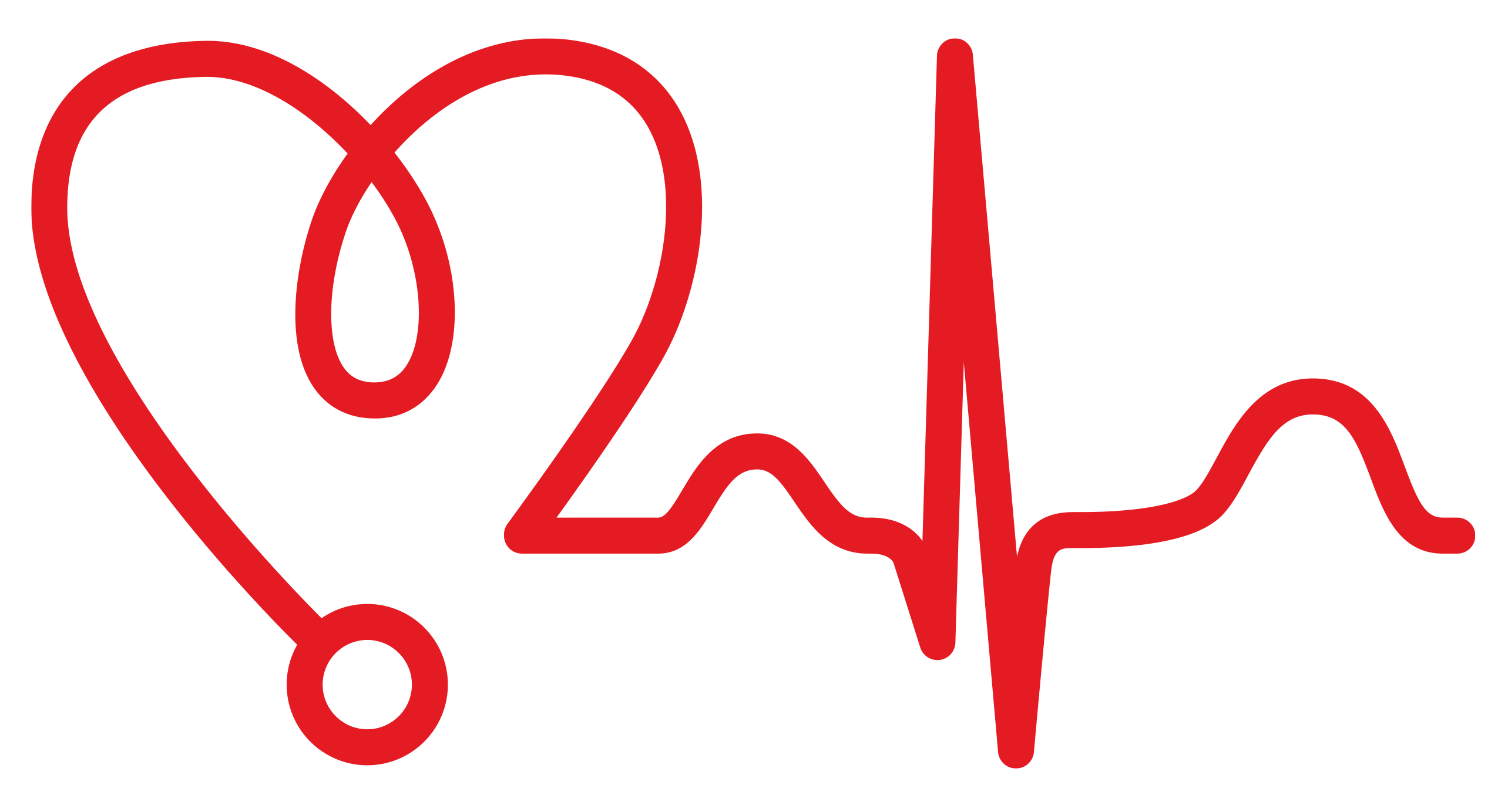


Prevent
Family History and Heart Disease
Family history is one of the leading risk factors for heart disease. By knowing your family history of heart disease and sharing it with your healthcare provider, you can take the right measures to stay healthy and decrease your risk of heart disease as you age.
The most important aspect of your family history of heart disease is finding out if any members of your immediate family — your brothers, sisters, parents and grandparents — have or had heart disease in their lifetime, and how old they were when they developed heart disease. Generations beyond grandparents did not have access to the same medical treatments that we have today, and they lived in a much different environment, so it isn’t as important to find out if they had heart disease. If you have time to do research beyond your immediate family, find out if your extended family — cousins, uncles, aunts — have or had heart disease.
By knowing your family history of heart disease, your healthcare provider can help you make lifestyle changes to decrease your risk of heart disease, such as exercising, decreasing your stress level, adopting a healthy diet, and avoiding tobacco and excessive alcohol. Knowing your family history will also help your healthcare provider administer the proper diagnostic tests, including blood pressure, diabetes and cholesterol screenings, and prescribe the appropriate treatment to help you manage your heart disease risk factors.
Understand Your Risk Factors
Be prepared to speak with your doctor by writing your questions down and bringing them with you to your appointment. Use the list below as a guide.
- What is my overall risk for heart disease?
- What lifestyle changes can I start making to improve my heart health?
- What tests should I have to monitor my risk factors for developing heart disease or other cardiovascular diseases? How often do I need these screenings?
- What are my blood pressure, cholesterol, and blood sugar levels? What do these test results mean?
- How much exercise do I need to help protect my heart?
- Should I take aspirin to help prevent a heart attack? If so, how much and how often?
- Am I at high risk for heart-related complications if I take birth control pills?
- I’ve heard the warning signs of a heart attack can be different in women. What should I look for?
Know Your Numbers
Blood Pressure, Cholesterol and Blood Sugar
If you have elevated levels of these measures, your doctor will want to work with you to lower these numbers to reduce your cardiovascular risk.
Despite the fact that heart disease means the arteries to your heart have been damaged, there are steps you can take to stop the disease from getting worse. You are in charge of your heart health. Simply put, it is your body, your heart and you have control over both!
The choices you make everyday can have a big impact on your risk of future heart problems. Talk with your health care team about how to best reduce or manage your risk factors.